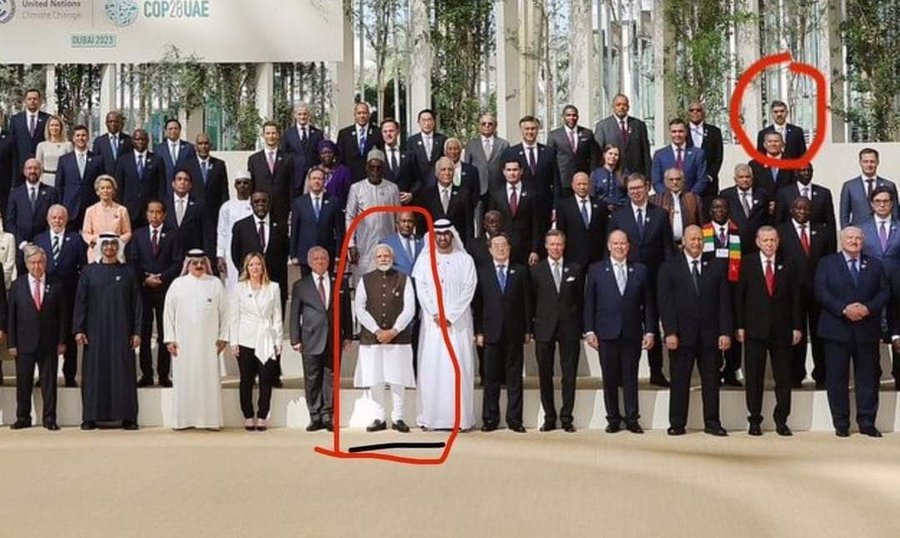Almost half of Pakistani women are married to their first cousins, according to the Pakistan demographic and health survey
# wonder if the rest are married to their second and third coujinns
According to the Pakistan Demographic and Health Survey 2017-18, almost half of the women between the ages of 15 and 49 in Pakistan reported marrying their first cousins.
This phenomenon explains why certain genetic diseases, such as thalassemia, cystic fibrosis, and spinal muscular atrophy (SMA), are more prevalent in Pakistan compared to Western countries.
“Everyone is a carrier of something or the other,” explained Dr Salman Kirmani, Chair and Associate Professor in the Division of Women and Child Health and a geneticist at AKUH.
“In educated circles in Pakistan, especially among doctors, there is often a strong stance against cousin marriages. Couples are made to feel guilty, as if ‘you married your cousin, so this happened,’” he said. “How heartless is that?” he exclaimed. “If I were to conduct a lecture with a hundred doctors in attendance, and I asked how many of them are married to their cousins or have parents who are cousins, half the room would likely raise their hands. Some might be so embarrassed that they wouldn’t even raise their hand.”

These numbers don’t account for people within the same community. For example, Dr Kirmani mentioned, “If you ask a couple who come from a particular community, they may say, we don’t marry our cousins. But because they are a small, close-knit community, they share common ancestors.”
Another common practice is people marrying within the same caste, thereby perpetuating generations of consanguinity. “In Pakistan, there are geographically isolated villages where members frequently marry their first cousins for generations.”
To further complicate the issue, Dr Kirmani pointed to some perceived ‘benefits’ of consanguineous unions. “Imagine you are a parent living in a remote area. You know all the boys because they are from your family. If you want to marry outside the family, then you will have to marry [someone that lives] like 200 km away from your own village.”
“Once that marriage is done, your daughter is gone, and you won’t be able to see her at all.” The “desire to keep the child close” prompts people to marry their children to relatives. Secondly, different villages have different customs, and some parents worry about the potential treatment of their daughter in a distant household that differs from their own.
Furthermore, studies have found that “being married to a first cousin on either the father’s or mother’s side was associated with a decreased likelihood of abuse when compared with another relationship” in Pakistan.


